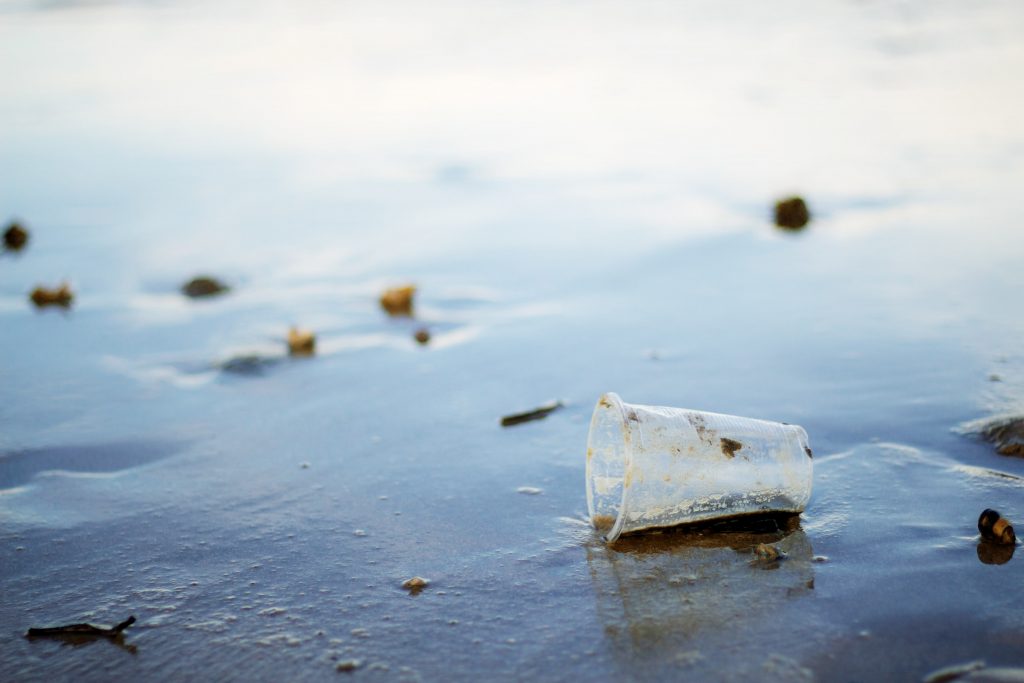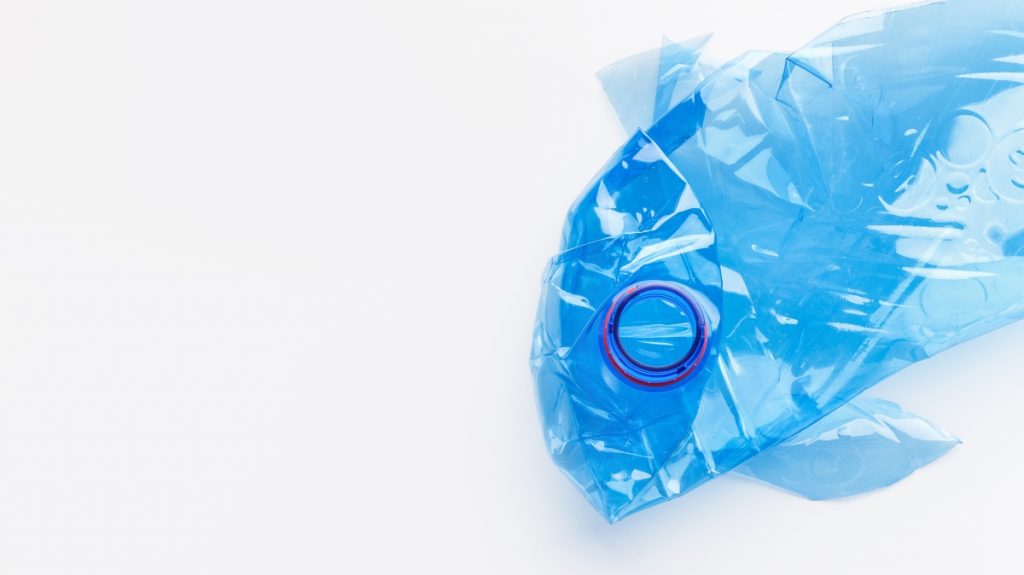Our love for plastic is such that we produce around 400 million tons of plastic worldwide. From toys to clothing, tyres, bags, fishing gear, packaging, personal care products, and a myriad of household products, tools and appliances, plastic has permeated the entire fabric of modern living. Unfortunately, most of this plastic ends up in our environment as litter, taking several hundred years to completely degrade.

The concern with plastic is that it does not degrade naturally but breaks down into tiny pieces upon exposure to environmental elements. These tiny pieces are known as microplastics, measuring less than five millimetres in length (about the size of a sesame seed).
Microplastics are known to harm marine life, which mistake them for food. Research has shown that they can be absorbed into the tissues of aquatic organisms, enabling them to move up the food chain to fishes and eventually to humans. The presence of microplastics in our blood could potentially lead to adverse health issues, including reproductive abnormalities, early puberty, childhood obesity, and increased blood pressure.
Some household contributors of microplastics include:
- Single-use plastic such as packaging, bottles and bags
- Synthetic fibres used in clothing and bedding
- Household items such as toys, cups, detergent/toiletry bottles, frames of electrical appliances etc
- Microbeads used in cosmetics and personal care products

The Plastic Conundrum
Removing plastic altogether from our daily lives may be too daunting a feat, but what we can do is to reduce our contribution to microplastics contamination by incorporating simple habits into our lifestyle.
- Change the way we do our daily tasks
- Plan ahead – use tiffin carriers for take-out food
- Swap plastic spoons for metal, plastic cutting mats for wood, disposable nappies for cloth ones, plastic bottles for glass.
- Set up a small compost bin for your kitchen waste
- Use a washing machine filter to catch plastic fibres from laundry
- Avoid single-use plastic
- Buy a good water treatment system rather than depend on bottled drinking water
- Use reusable grocery bags and baskets when you shop
- Buy eggs in paper, not plastic cartons
- Don’t use disposable straws. Buy reusable stainless steel ones
- Change your shopping habits
- Choose personal care, cosmetics and cleaning products that do not contain plastic microbeads
- Switch to liquid laundry detergent as powder detergents loosen more microfibers
- Consider cotton clothing, instead of polyester, nylon, acrylic and other synthetic fibres which are all forms of plastic
- Avoid products that are heavily packaged in 2 or 3 layers of plastic
- Stop the plastic influx into water sources
- Properly dispose of plastic trash and packaging
- Throw cigarette butts into the trash, not on the ground or drains
- Clean up after yourself at picnic sites and fields
- Ensure that the drains outside your residence is clear of plastic debris and other trash
- Participate in community clean-up activities

Little things add up. If we all pay attention to what we do and how we shop, we can drastically reduce our environmental impact. And make this world a little bit greener and cleaner.

